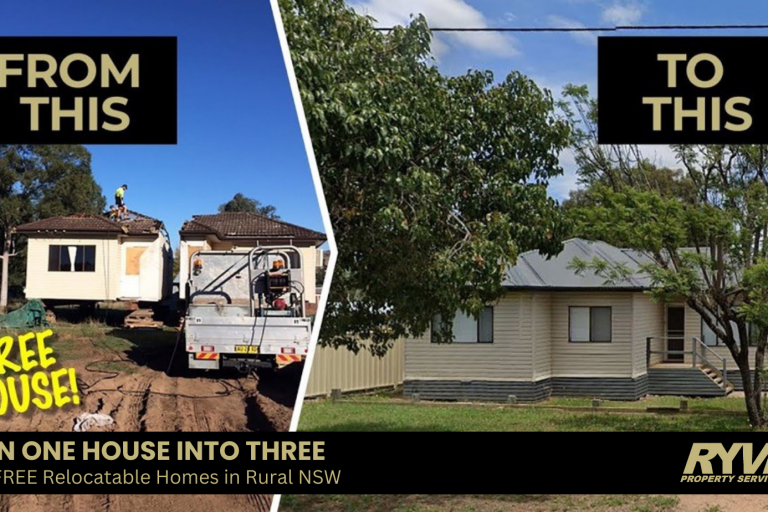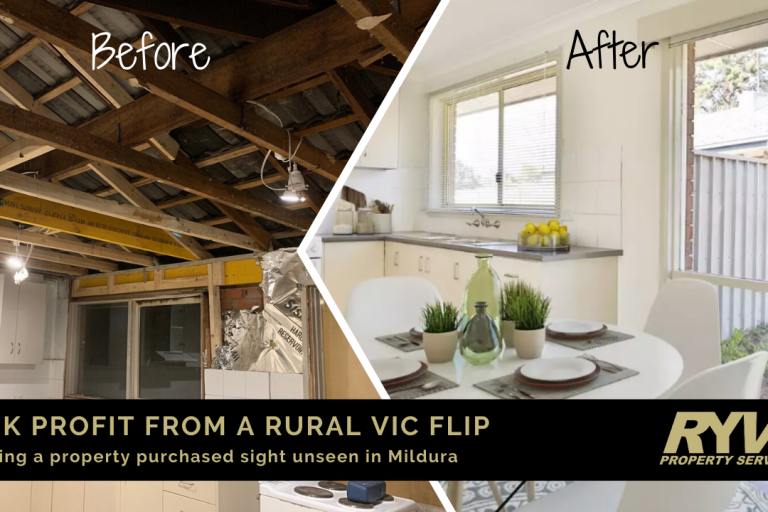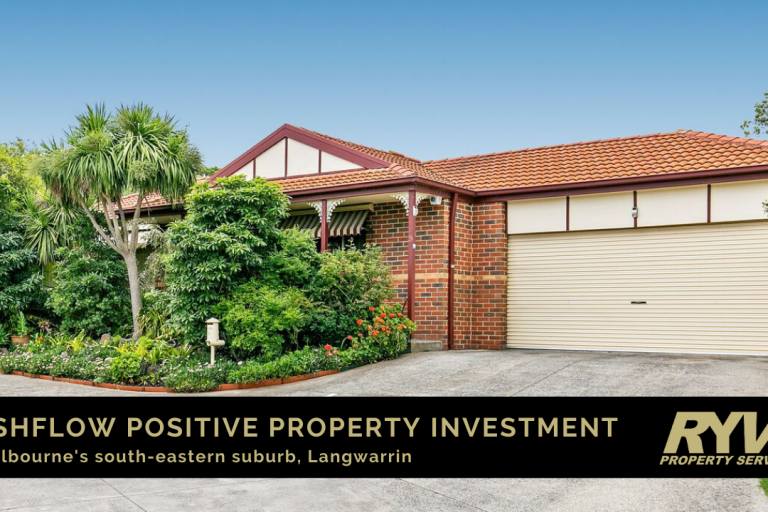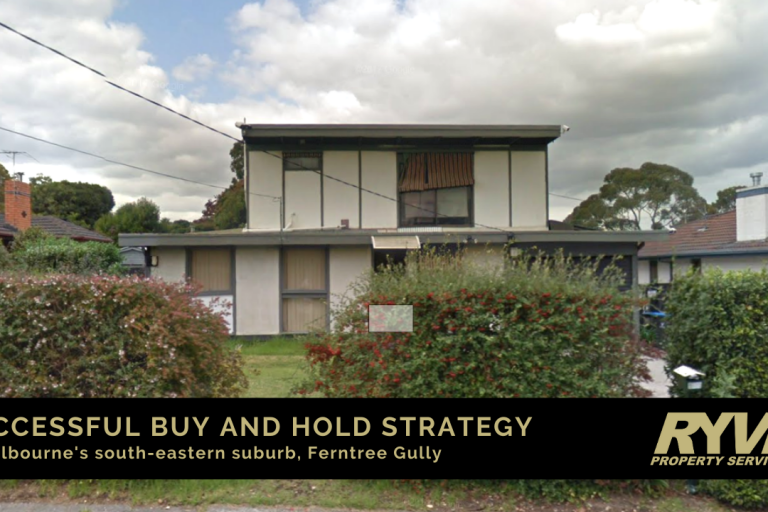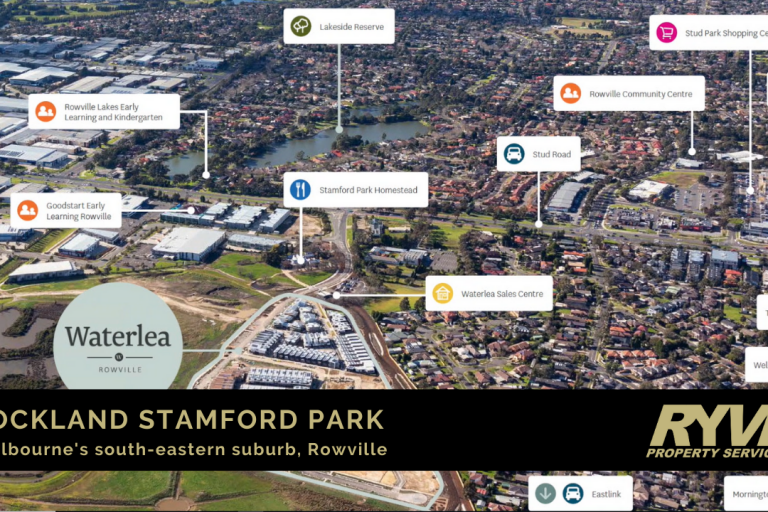Two listings of the same property in Regional Victoria, Mildura. The property is a two storey dwelling sitting on 600 m2 (approx.). The first listing is from back in 2012 and the property sold for $25,250. The second listing we discovered recently in 2020 amongst our searching, and you can see it’s now completely renovated and listed for $115,000-126,500.
It has a weekly rental of $320 per week, meaning it’s quite well positively geared, or is it?
While having just read the details of the property, this seemed very interesting since it wasn’t just very cheap but also had a great positive cash flow return.
On further reading of the contract and investigating the details of the property, it came to my attention that this property was on a “College Lease allotment”. At the time, the listing mentioned nothing about this, however we can now see that they have updated the current listing to reflect this. I would say that the listing agents were wasting a lot of time on the phone with people calling about the property and then passing it up.
What is a “college lease allotment” exactly and how does it catch people out?
Back in the days when settlors were establishing new communities, they wanted a way in which to fund the building and maintenance of schools, thus born the “college lease allotments”.
In Mildura, Victoria the scheme was set up by the region’s founders, The Chaffey brothers, over 100 years ago, and consisted of 184 commercial and residential properties that are subject to a college lease.
Basically, you own the improvements, but not the land. The land is owned by the local school or College and leased back to you. You must pay a lease fee which is determined by a percentage of freeholds unimproved land value, and all outgoings.
This is a great example on how important it is to thoroughly go through contracts before signing. Although the property offered great positive cash flow at first glance, the reality is that, yes you own the house but that is the part which depreciates in value. Once you then factor in the lease fee and all outgoings, suddenly, it’s not as cash flow positive as first thought, also it will be more difficult to sell as compared with other properties not on a college lease.
Whilst this still may be a cash flow positive investment, it may only suit some investors, especially as lending on this style of property will often be much more difficult, if at all.
References:
- Realestate.com.au. 2012. [online] Available at: <https://www.realestate.com.au/sold/property-house-vic-mildura-111198415> [Accessed 21 October 2020].
- Realestate.com.au. 2020. [online] Available at: <https://www.realestate.com.au/property-house-vic-mildura-134568350> [Accessed 21 October 2020].
- Abc.net.au. 2008. Mildura Council To Push For College Lease Changes. [online] Available at: <https://www.abc.net.au/news/2008-10-24/mildura-council-to-push-for-college-lease-changes/180138> [Accessed 21 October 2020].
- Mildura.vic.gov.au. 2013. [online] Available at:<http://www.mildura.vic.gov.au/files/assets/public/document-resources/council-services/planning-amp-building/strategic-planning-reports-and-strategies/mildura-housing-and-settlement-strategy-key-issues-and-influences-report.pdf> [Accessed 21 October 2020].

